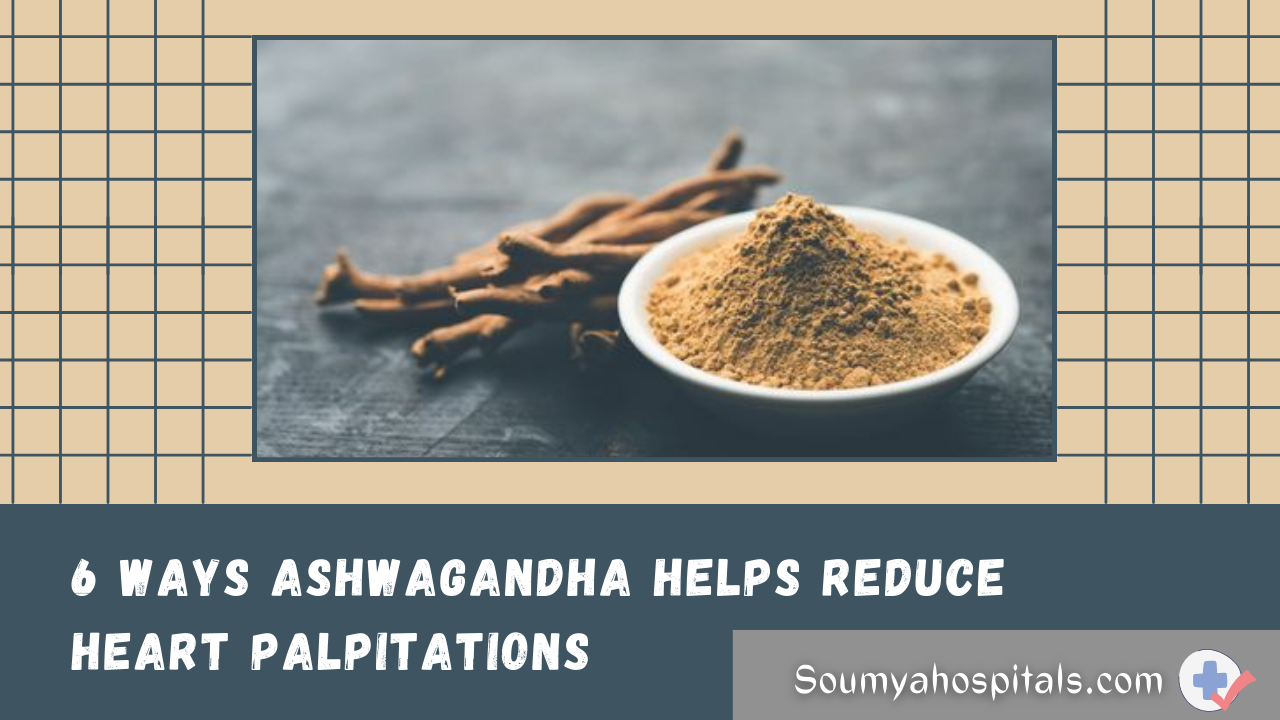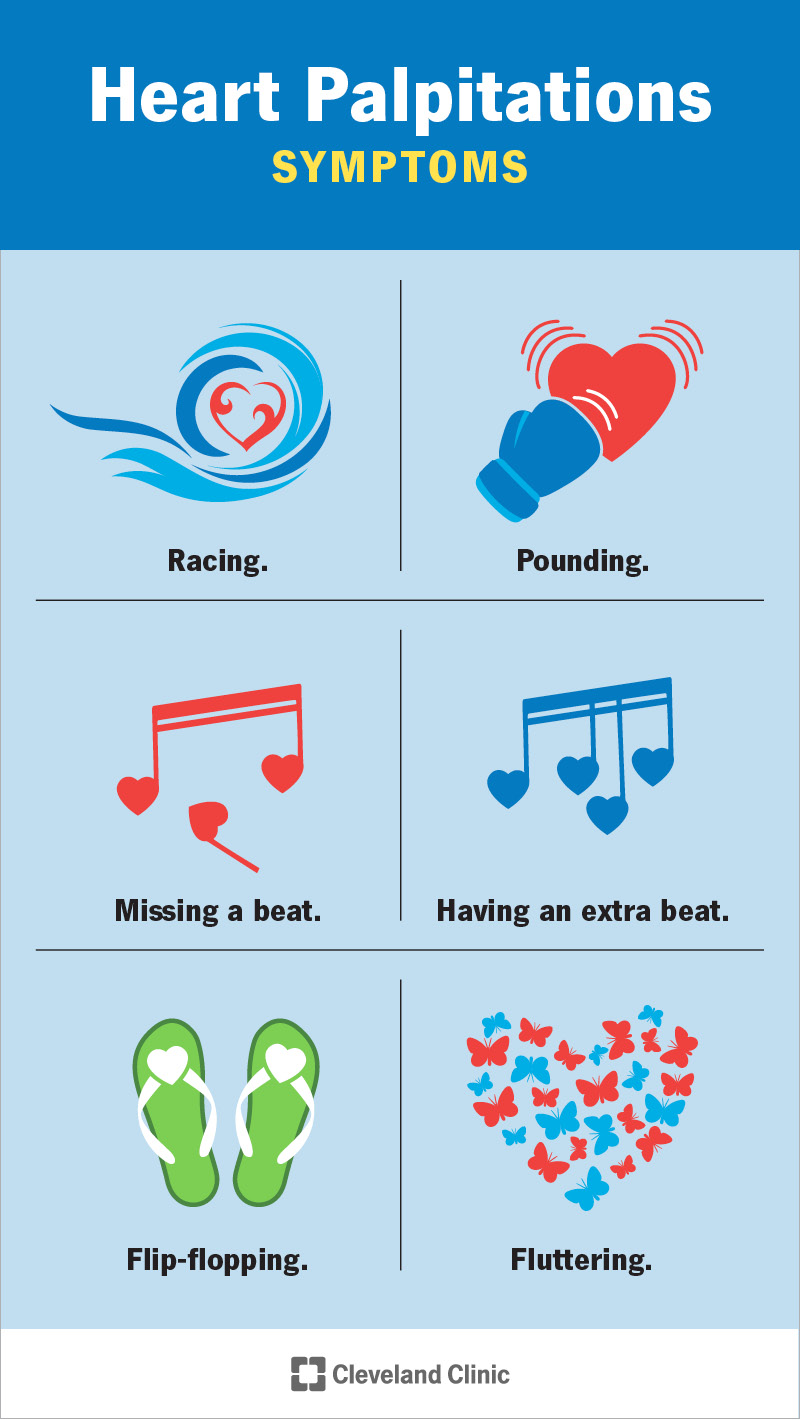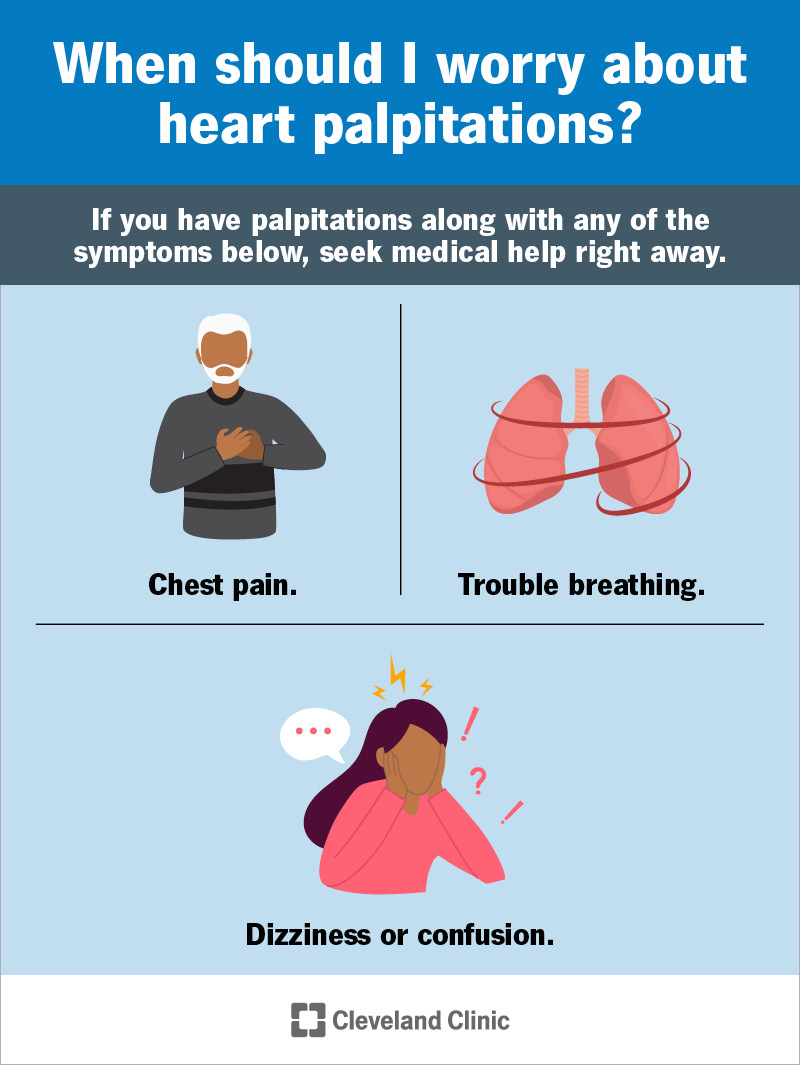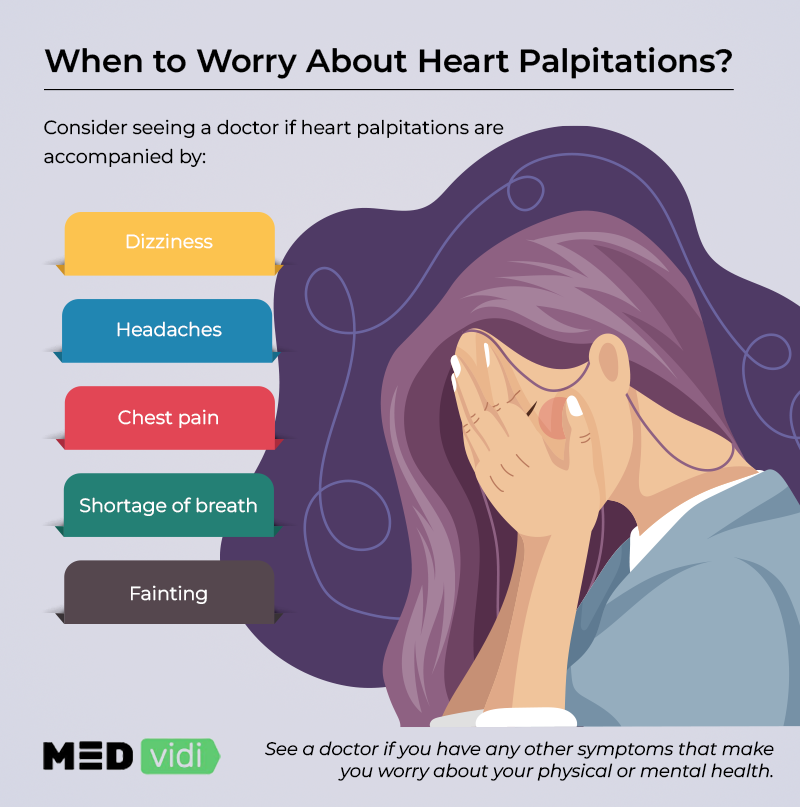Unexpected Heart Palpitations: Could Your Ashwagandha Be the Culprit?
Feeling a fluttering or pounding in your chest can be a genuinely unsettling experience. While many factors can contribute to heart palpitations, if you’re a regular user of the popular adaptogen, ashwagandha, it’s crucial to consider its potential role. This article delves into the possible connection between ashwagandha and heart palpitations, exploring the science, what to look out for, and what steps you can take.
What is Ashwagandha and Why Do People Take It?
Ashwagandha ( Withania somnifera ), a prominent herb in Ayurvedic medicine, has gained significant popularity in recent years. It’s touted for its potential to:
- Reduce stress and anxiety
- Improve sleep quality
- Boost cognitive function
- Enhance athletic performance
- Support thyroid health
These benefits stem from ashwagandha’s adaptogenic properties, meaning it helps the body adapt to stressors. However, like any supplement, it’s essential to be aware of its potential side effects, including the possibility of heart palpitations.
The Potential Link: How Ashwagandha Might Affect the Heart
While ashwagandha is generally considered safe for most people, certain individuals may experience cardiovascular side effects. Several mechanisms are proposed to explain how ashwagandha could trigger heart palpitations:
- Thyroid Hormone Modulation: Ashwagandha can influence thyroid hormone levels. An overactive thyroid (hyperthyroidism) is a known cause of palpitations. By potentially affecting thyroid function, ashwagandha could indirectly contribute to heart rhythm disturbances in susceptible individuals.
- Stimulatory Effects: Some studies suggest ashwagandha might have a stimulating effect on the body, potentially leading to increased heart rate and palpitations. This is especially relevant for individuals with pre-existing heart conditions or sensitivity to stimulants.
- Interactions with Medications: Ashwagandha can interact with certain medications, including those for blood pressure and thyroid conditions. These interactions could alter drug effectiveness and potentially increase the risk of heart palpitations.
- Individual Sensitivity: As with any supplement, individual responses vary. Some people may be more sensitive to ashwagandha’s effects, experiencing palpitations even at standard dosages.
Recognizing the Signs: When to Be Concerned
It’s crucial to understand the signs of heart palpitations and when to seek medical attention. Palpitations can feel like:
- A fluttering or racing sensation in the chest
- Skipped heartbeats
- Pounding or thumping in the chest
- Feeling of the heart “flip-flopping”
When to Seek Medical Advice:
If you experience heart palpitations, especially if accompanied by any of the following symptoms, seek immediate medical attention:
- Chest pain
- Shortness of breath
- Dizziness or lightheadedness
- Fainting or near-fainting
- Severe sweating
These symptoms could indicate a more serious underlying heart condition.
What to Do If You Suspect Ashwagandha is Causing Palpitations
If you suspect ashwagandha is the culprit behind your heart palpitations, consider these steps:
- Stop Taking Ashwagandha: The first step is to discontinue use. Observe if the palpitations subside after stopping the supplement.
- Consult Your Doctor: Discuss your symptoms and ashwagandha usage with your doctor. They can assess your medical history, perform necessary tests (like an ECG or bloodwork), and rule out other potential causes.
- Review Your Medications: Inform your doctor about all medications and supplements you’re taking, as interactions could be a factor.
- Consider Dosage and Formulation: If you’re determined to continue using ashwagandha, discuss dosage adjustments or exploring different formulations (e.g., capsule vs. powder) with your doctor.
- Monitor Your Health: Keep a record of your symptoms, including when they occur, their duration, and any associated triggers. This information can be valuable for your doctor.
FAQs About Ashwagandha and Heart Palpitations
Here are some frequently asked questions about ashwagandha and heart palpitations:
1. Is ashwagandha safe for everyone?
No, ashwagandha is not necessarily safe for everyone. Individuals with pre-existing heart conditions, thyroid problems, or those taking certain medications should consult their doctor before using it. Pregnant or breastfeeding women should also avoid it.
2. How common are heart palpitations as a side effect of ashwagandha?
While not widely reported, heart palpitations are a potential side effect of ashwagandha. The exact prevalence is unknown, but it’s essential to be aware of the possibility.
3. Can ashwagandha cause long-term heart problems?
There’s no definitive evidence to suggest that ashwagandha directly causes long-term heart problems. However, if it exacerbates an underlying condition or interacts with medications, it could indirectly contribute to cardiovascular issues. It’s crucial to consult with your doctor if you experience palpitations.
4. How long does it take for ashwagandha to leave your system?
The half-life of ashwagandha is estimated to be around 10 hours. However, the effects of ashwagandha can vary depending on the individual and the dosage. The time it takes to be completely cleared from the body could be longer.
5. Can I take ashwagandha with other supplements?
It’s always best to consult with your doctor before combining ashwagandha with other supplements, as interactions are possible. Some supplements that may need to be monitored include those that also affect thyroid levels.
Conclusion: Prioritizing Your Heart Health
While ashwagandha offers potential health benefits, it’s essential to be mindful of its potential side effects, including heart palpitations. If you experience palpitations while taking ashwagandha, don’t ignore them. Consult with your doctor to determine the underlying cause and develop a plan of action. Remember, prioritizing your heart health is paramount. By being informed and proactive, you can safely navigate the world of supplements and ensure your well-being.




